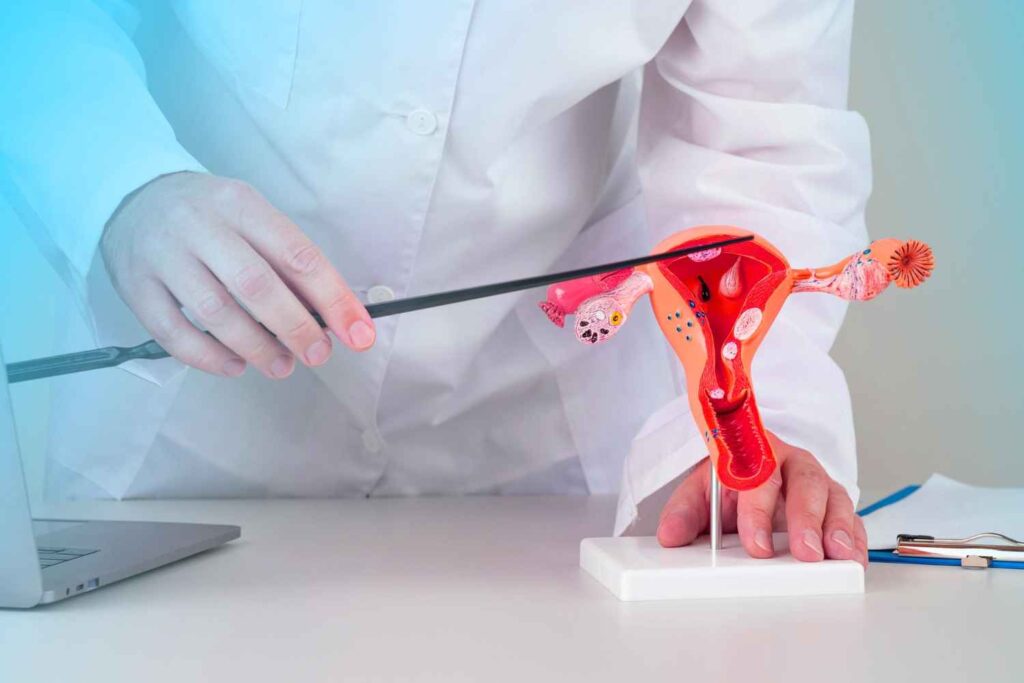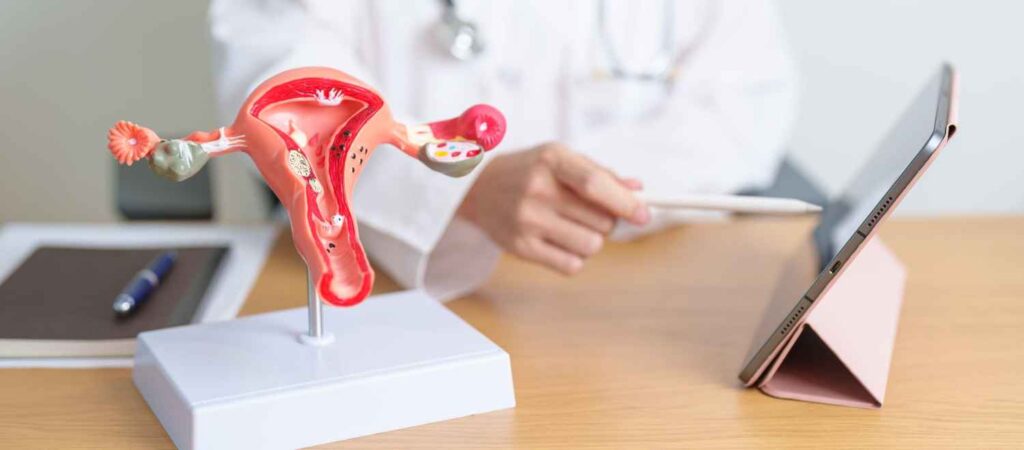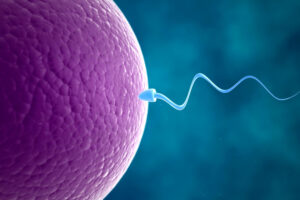The female reproductive system is a complex and delicate network of organs working together to support conception and pregnancy. One of the key components of this system is the fallopian tubes. When the fallopian tubes are blocked, it can make it difficult to get pregnant and may cause other reproductive health problems.
In this article, we will explore everything you need to know about Blocked Fallopian tube—its symptoms, causes, diagnosis, and effective treatment options.
What is a Blocked Fallopian Tube?
A Blocked Fallopian Tube occurs when there is an obstruction preventing the egg from travelling through the fallopian tube to meet the sperm for fertilization. This blockage can happen in one or both tubes and is a common cause of female infertility.
The fallopian tubes play a vital role in natural conception. Any disruption in their function can significantly lower the chances of pregnancy.
Common Symptoms of a Blocked Fallopian Tube
In many cases, a blocked fallopian tube doesn’t show any clear signs until a woman has trouble getting pregnant. However, some women might notice:
- Pelvic Pain: Persistent or occasional discomfort in the lower abdomen, often on one side.
- Painful Periods: Menstrual cramps that are more severe than usual.
- Pain During Intercourse: Discomfort or pain while having sexual intercourse.
- Unusual Vaginal Discharge: Abnormal discharge may occur in cases involving infection.
- Ectopic Pregnancy: A pregnancy occurring outside the uterus, often in the fallopian tube itself.
Silent Symptoms
Many women with Blocked Fallopian Tubes experience no symptoms until they try to conceive. This is why early evaluation is crucial for women facing unexplained infertility.
What Causes Blocked Fallopian Tubes?
Several underlying causes can lead to a Blocked Fallopian Tube:
1. Pelvic Inflammatory Disease (PID)
PID is one of the main causes of blocked fallopian tubes. It happens when sexually transmitted infections (STIs) like chlamydia or gonorrhea are not treated, leading to infection, scarring and blockage in the tubes.
2. Endometriosis
Endometrial tissue growing outside the uterus can attach to the fallopian tubes and cause adhesions or blockages.
3. Previous Pelvic Surgery
Surgeries involving the fallopian tubes, ovaries, or uterus can sometimes leave scar tissue that blocks the tubes.
4. Tubal Ligation or Reversal
Women who have undergone tubal ligation (permanent contraception) may develop blockages. Reversal procedures may also increase the risk.
5. Hydrosalpinx
This condition involves fluid-filled fallopian tubes due to infection or inflammation, resulting in a complete blockage of the fallopian tubes.
6. Congenital Abnormalities
In rare cases, women are born with malformed or blocked fallopian tubes.

How is a Blocked Fallopian Tube Diagnosed?
Several diagnostic methods can help identify Blocked Fallopian Tubes:
1. Hysterosalpingography (HSG)
This X-ray test involves injecting dye into the uterus and fallopian tubes to check for blockages.
2. Sonohysterography
A special ultrasound using saline solution to get detailed images of the uterine cavity and fallopian tubes.
3. Laparoscopy
A minimally invasive surgical procedure where a small camera is inserted through the abdomen to inspect the fallopian tubes visually.
4. Blood Tests & STI Screening
These tests help identify infections or hormonal imbalances that could be contributing to tubal blockage.
Treatment Options for Blocked Fallopian Tubes
The treatment of Blocked Fallopian tubes depends on the severity and location of the blockage, as well as the woman’s overall fertility goals.
1. Medication
- Antibiotics: If infection is the cause, antibiotics may clear it up, though existing scarring may remain.
- Hormonal Treatments: For endometriosis-related blockages, hormonal therapy can help reduce tissue growth and inflammation.
2. Surgical Options
- Tubal Surgery: Laparoscopic surgery can remove scar tissue, open blockages, or repair damaged tubes.
- Salpingostomy: Creating a new opening in the fallopian tube when the end is blocked.
- Fimbrioplasty: Reconstructing the fringed ends of the fallopian tubes to restore function.
3. Assisted Reproductive Technologies (ART)
- In Vitro Fertilisation (IVF): IVF bypasses the fallopian tubes entirely by fertilizing the egg outside the body and implanting the embryo directly into the uterus.
- IVF is often recommended when surgical correction is not possible or has failed.
4. Natural Remedies and Lifestyle Changes
While not a cure, some women explore natural remedies to support reproductive health, such as:
- Anti-inflammatory diets
- Acupuncture
- Yoga and stress reduction
Always consult a fertility specialist before trying alternative therapies.

Blocked Fallopian Tube and Fertility
A blocked fallopian tube can greatly reduce a woman’s chances of getting pregnant naturally, especially if both tubes are blocked. However, many women with one open tube can still conceive without difficulty. For others, assisted reproductive techniques like IVF offer hope.
Prevention Tips
While some causes of Blocked Fallopian Tubes cannot be prevented, certain precautions can lower your risk:
- Practice safe sex to prevent STIs.
- Seek prompt treatment for pelvic infections.
- Maintain a healthy weight and balanced diet.
- Regular gynaecological check-ups.
When to See a Doctor
Consult a fertility specialist if:
- You’ve been trying to conceive for 12 months (or 6 months if over age 35) without success.
- You have a history of PID, endometriosis or pelvic surgery.
- You experience persistent pelvic pain or unusual menstrual symptoms.
Early diagnosis and intervention can significantly enhance the chances of a successful treatment outcome.
Conclusion
Blocked fallopian tubes are a frequent reason why some women struggle to get pregnant, but the good news is that they can often be treated. With the help of advanced medical care, many women successfully overcome this issue and go on to have healthy pregnancies. If you think you might have a blockage or are having trouble conceiving without a clear reason, it’s important to see a fertility expert for the right tests and guidance tailored to your needs. At Boon IVF, we specialize in diagnosing and treating conditions such as blocked fallopian tubes, helping couples achieve their dream of parenthood with compassion and expert care


